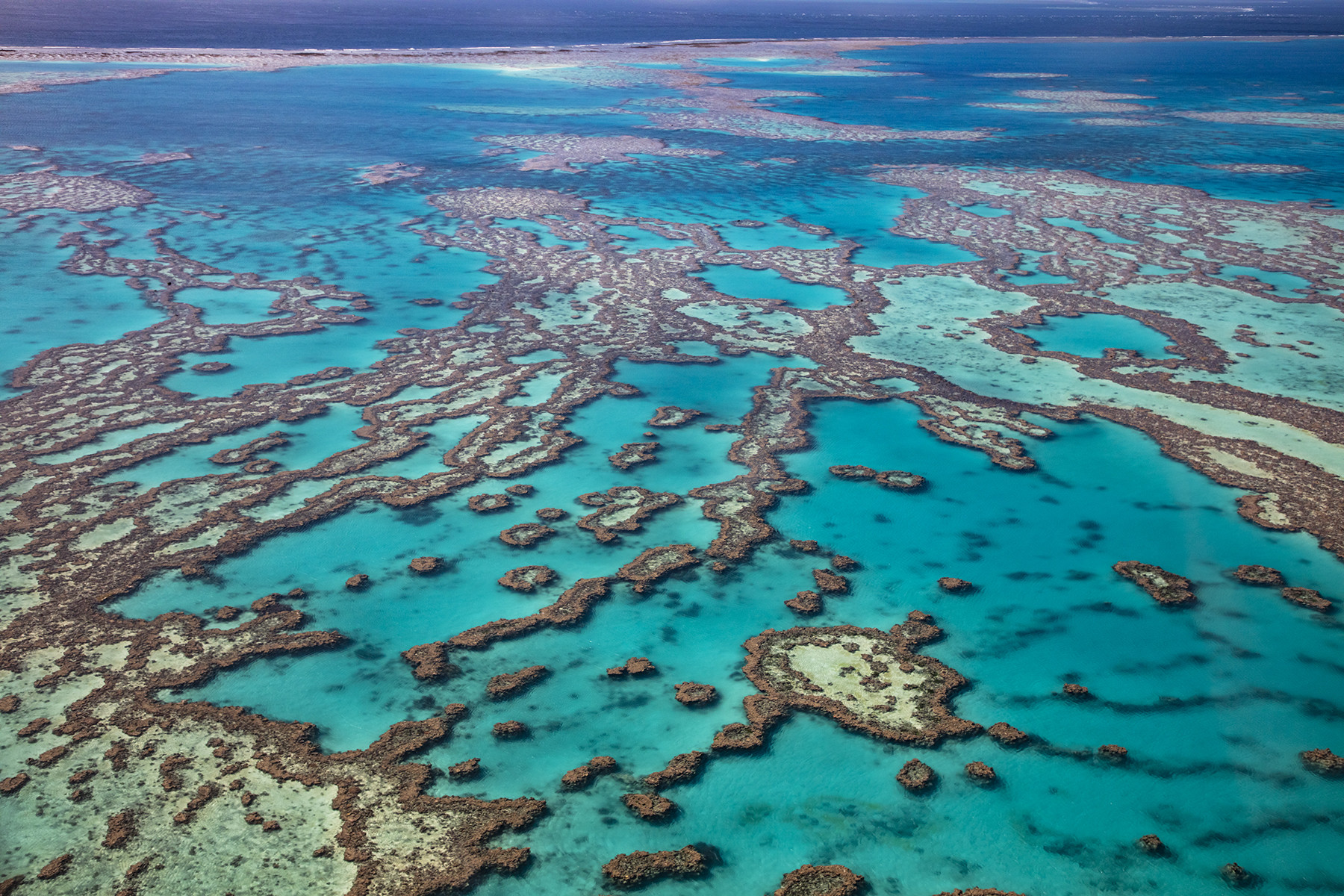Queensland Tourism Industry Council (QTIC), Chief Executive, Daniel Gschwind commented on the report, “The message for tourism is clear: we need effective climate change strategies, here in Australia and everywhere else.
“For governments, for the community and for industry the time for urgent and coordinated action has well and truly come – the long-term future of our industry depends on it, as do the jobs and livelihoods of communities all along Queensland’s coast.
Mr Gschwind continued, “Any responsible risk manager would accept this, and all the other scientific evidence, as a priority red-light warning of what is at stake.
“We can invest in the biological and economic future of the GBR now or bear a far greater cost in the future”.
The tourism industry has been advocating strongly for action on climate change for some time, with the first Great Barrier Reef (GBR) tourism climate change report released by QTIC and WWF in 2004. The industry and reef tourism operators have taken their responsibility very seriously over more than a decade and are operating at world’s best practice. The industry has also effectively partnered with the Great Barrier Reef Marine Park Authority to position the GBR as the best managed reef in the world. The strong focus on the GBR has also led to action on water quality and other measures to improve the local resilience of the GBR.
Mr Gschwind said, “We need to accelerate these efforts in strong partnerships with all levels of governments and the community to do more to build the GBR’s resilience but we cannot ignore our national responsibilities to tackle the global climate change threat”.
Reef visitors who experience both the beauty and the threats of the GBR are the strongest advocates. With clear messaging from tourism operators, the story of the reef is shared with millions of visitors annually and is driving action and change among those who participate.”
The GBR tourism industry showcases the reef to two million visitors a year, sustains 64,000 jobs and generates $6 billion in expenditure in the local economy annually.
For the full report head here: https://www.oceanpanel.org/expected-impacts-climate-change-ocean-economy

Image: Tourism and Events Queensland



